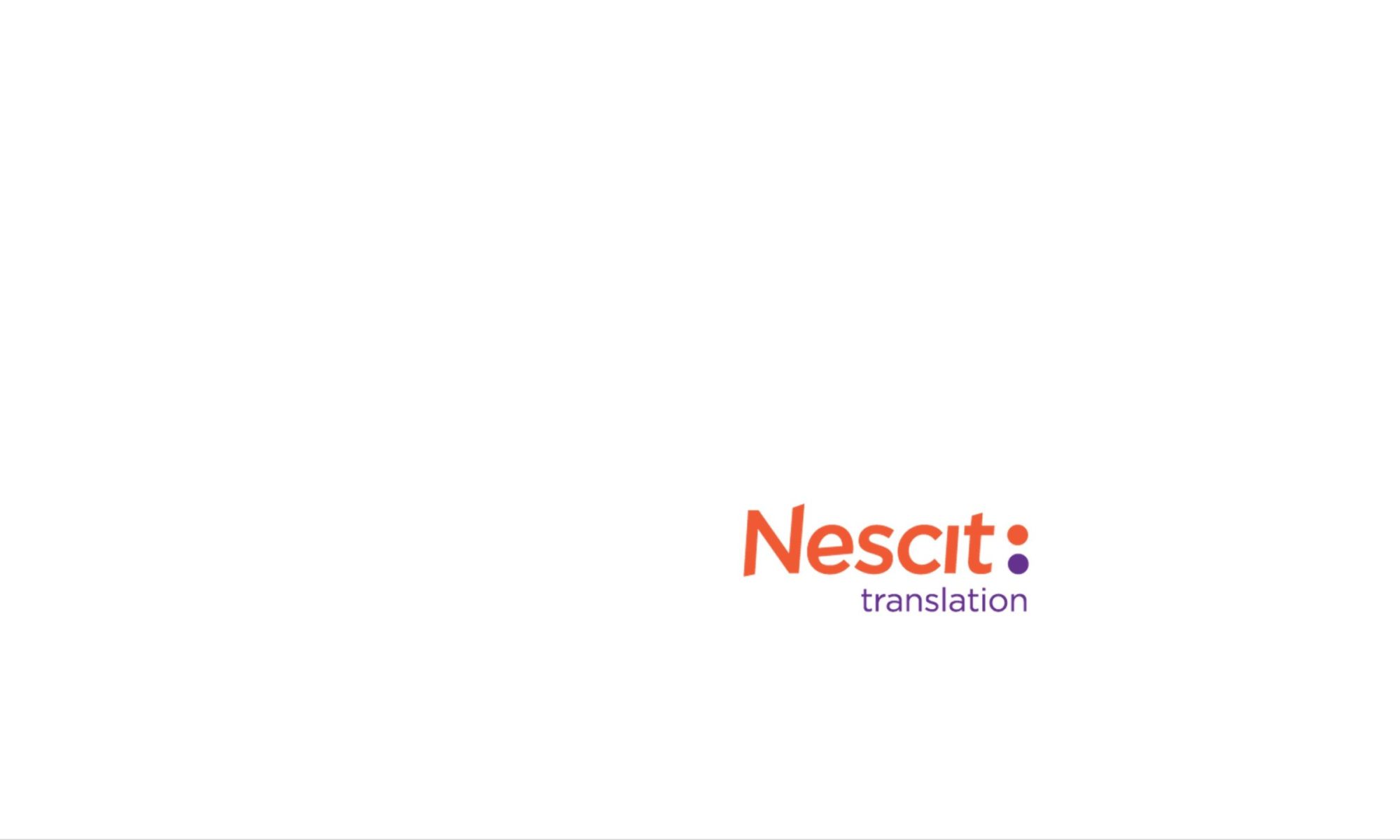
Content
1. What is language analysis?
2. Why is language analysis done?
3. Who is involved in the work?
4. Why is language analysis done by a company?
5. What is the education of an analyst?
6. Why is the analyst’s identity not public?
7. How is the work controlled for quality?
1. What is language analysis?
A language analysis is an assessment of a speaker’s (typically an asylum-seeker’s) language use on a recording. This is often called linguistic identification. The purpose is to identify the speaker’s dialect and connect it to a group. The group can be defined as individuals living within a geographic area, and/or members of a population, clan, religious affiliation, social class or similar. In many cases it is possible to connect the distinct dialect spoken by such a group to a country, region and district.
2. Why is language analysis done?
An individual’s way of speaking is influenced by the speech of others in the vicinity, especially while the person is growing up. This is why language analysis can be used to supplement other information about a speaker’s origin and/or residence, typically when the individual is lacking usual means of identification. Language analysis offers the speaker an opportunity to support his or her claim of origin and residence simply by using his or her native dialect(s). Criticism of language analysis as a method often stems from situations where the result of a language analysis does not support the speaker’s claim of origin and residence.
3. Who is involved in the work?
Sprakab employs a combination of linguists, who do not master the analysed language, and analysts – usually non-linguists – who are native speakers of the analysed language. The analyst makes use of the same ability that some native Cockney speakers have to easily distinguish another true Cockney speaker from an imitator. The challenge is to document the smallest parts of speech in a way that allows validation through published references about the language/dialect and the experience gained from previous analysis assignments. A language analysis report also includes an assessment of the degree of certainty of results. It is important to emphasise that in a professional language analysis situation, the identity of the speaker is not made known to the analyst or linguist.
4. Why is language analysis done by a private company?
Some migration agencies conduct language analysis as part of their inhouse activities. This was true in Sweden until the end of the 1990s, when the practice was outsourced to a private company. One reason for outsourcing language analysis to an external service provider is to avoid suspicion of political influence on analysis results. Sprakab’s focus is strictly linguistic, with the sole purpose of producing the most professional and accurate assessment as possible in every report.
5. What is the education of an analyst?
While studies at an academic institution will more or less ensure that a translator or interpreter reaches a certain skill level, the same circumstances do not apply to analysts. Besides the lack of tailormade programs, an analyst must have been exposed to a number of linguistic variants from his or her native region, and to possess the auditory facility to distinguish the smallest elements of speech, in order to perform language analysis work. The analyst also needs to be analytical and systematic, and to have a high degree of personal integrity. For these reasons, Sprakab trains and educates each analyst individually according to the individual’s background and needs.
6. Why is the analyst’s identity not public?
A language analysis report is always signed by linguists while the analyst(s) have a right to remain anonymous. This may seem odd in an open society ruled by law. The reason for shielding an analyst’s identity is that he or she may otherwise be subject to bribery attempts. This would risk corrupting the entire analysis process. If the analyst refuses bribes, his or her family could instead be threatened. Analysts with a background in areas of ongoing civil war would be especially vulnerable to such threats. As a consequence, there are few analysts who would continue their work without personal anonymity.
7. How is the work controlled for quality?
Since an erroneous analysis result could have very serious consequences, all work is controlled for quality. The linguistic assessment determines the outcome after several individuals with different competence have contributed. The most important control mechanism is blind crosschecks, where individuals with relevant skills will analyse the same recording independently, so results can be compared.
